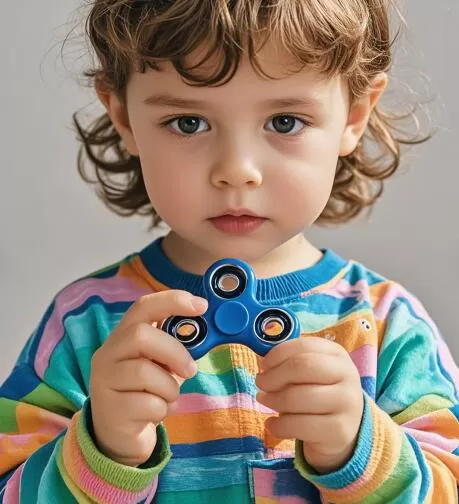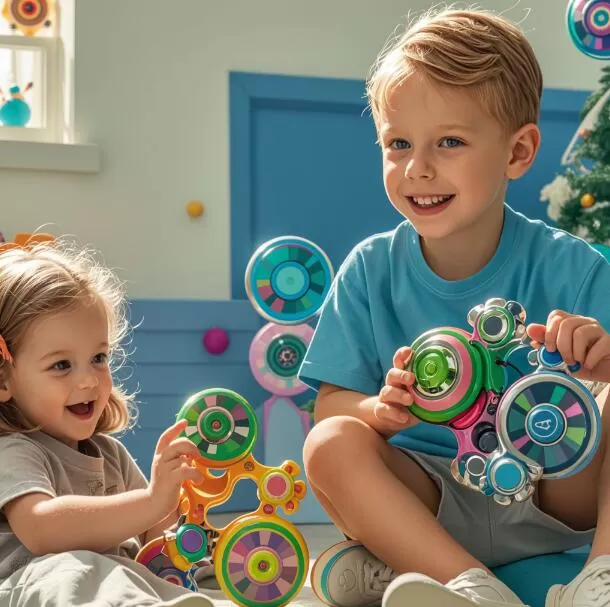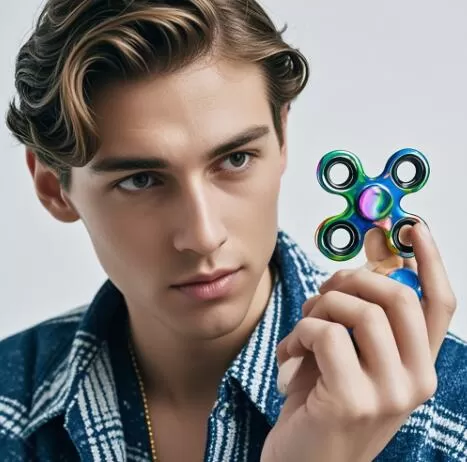Are Fidget Spinners Good or Bad?
Fidget spinners have taken the toy world by storm. But are they truly beneficial or could they be harmful? Studies have shown mixed results. Some claim they can help children with ADHD and autism, while others suggest they are a distraction and even harmful to learning. Schools have banned them, and recent research has raised questions about their marketing claims.
For instance, a study at the University of California, Santa Cruz found that college students who had fidget spinners in their hands scored worse on memory tests after watching educational videos. Another German study indicated that fidget spinners and doodling impaired memory, although stress balls didn't have the same negative impact.
However, some believe that fidget spinners can reduce stress and anxiety in both children and adults. They are thought to have a calming effect on autistic children by releasing certain hormones and helping them focus. But there is no conclusive study confirming their effect on neurological disorders.
Many schools and workplaces view fidget spinners as more of a distraction than a helpful tool. While they may act as stress busters for some, the overall consensus on their benefits remains unclear.
In conclusion, the debate over whether fidget spinners are good or bad is ongoing. More research is needed to determine their true impact on various aspects of our lives.




